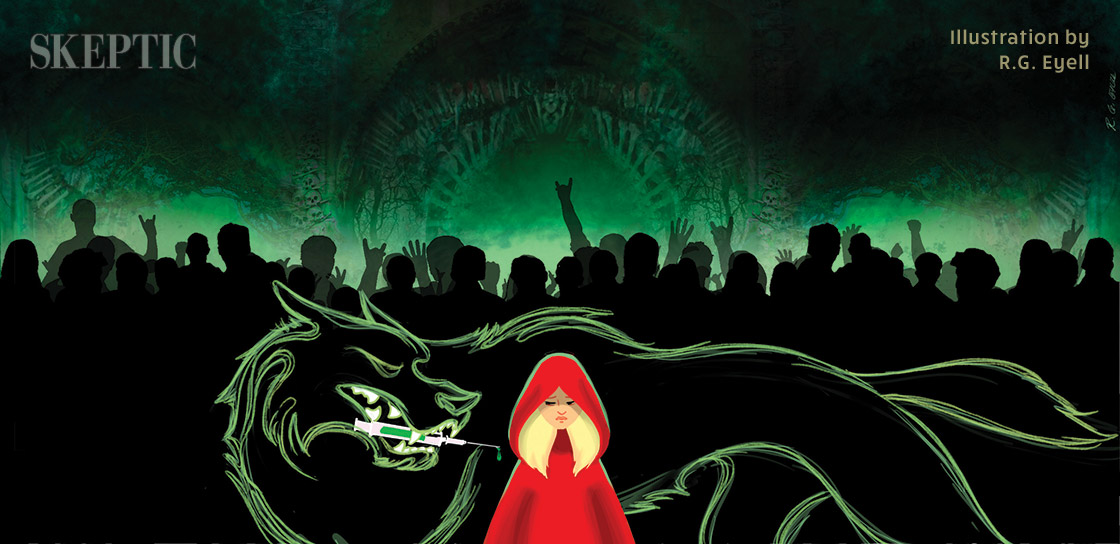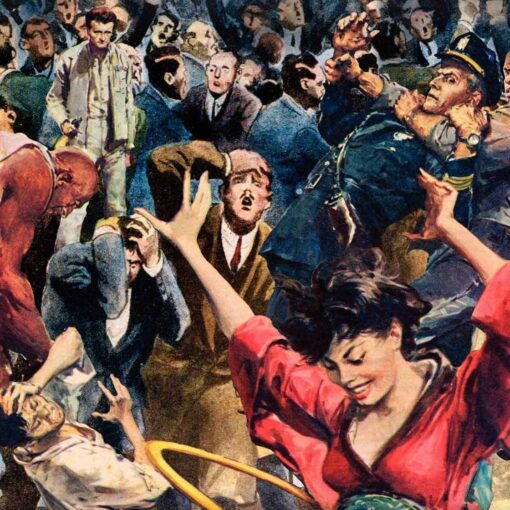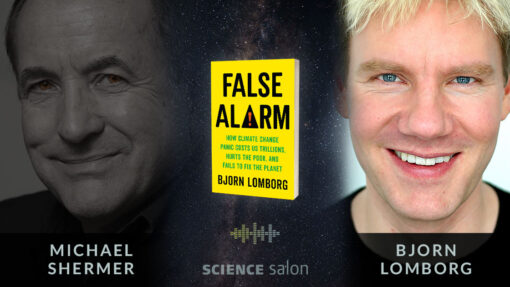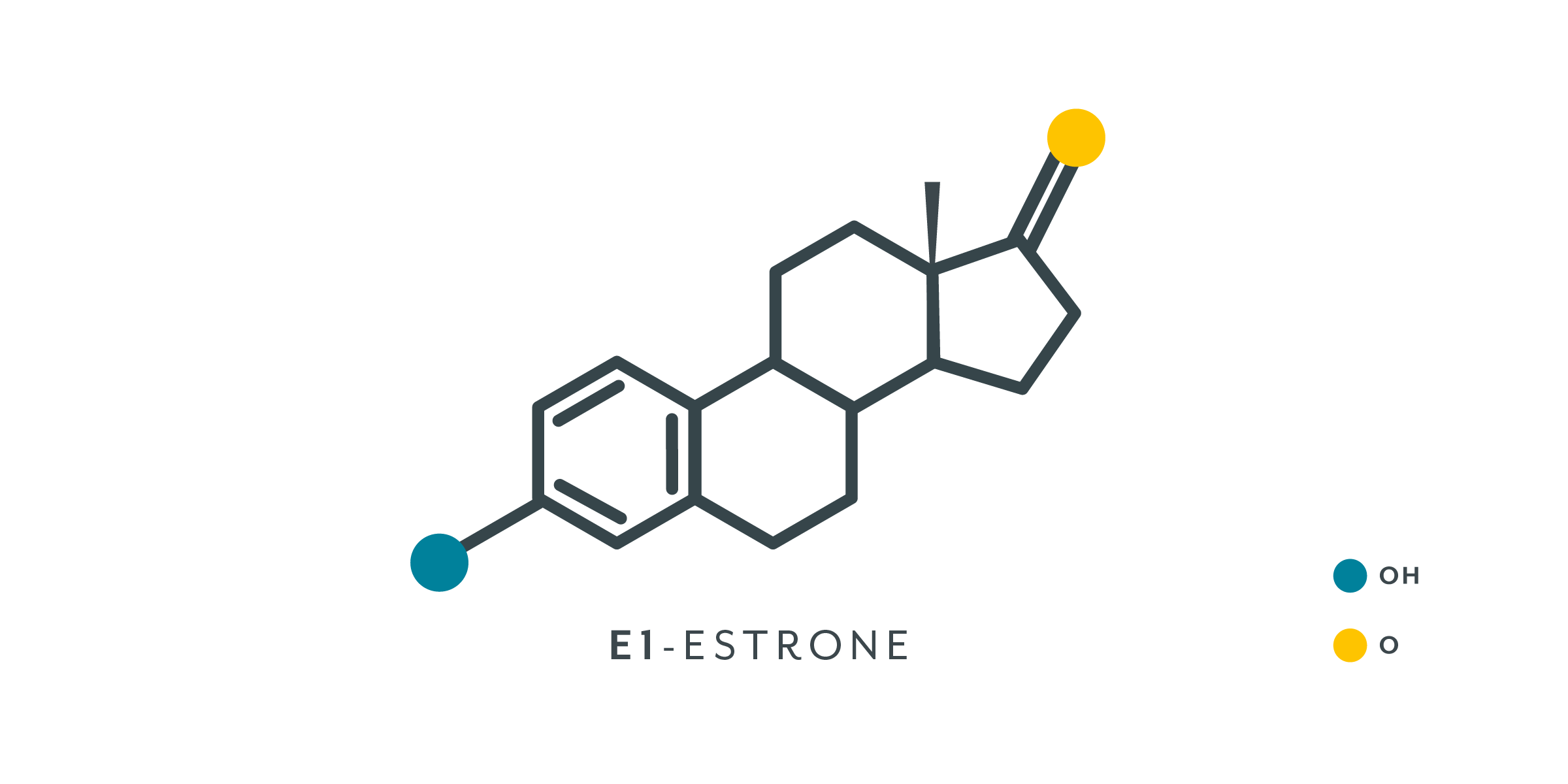media-driven panics

Bedbugs. Just mention of the word is enough to give people the heebie-jeebies and send shivers down their spines—or start scratching. Beginning in early fall of 2023 and coinciding with Paris Fashion Week from September 25 to October 3, fear of the unhealthy vermin swept across Paris. There does not appear to be one incident […]

The convoluted saga of ‘Havana Syndrome’ appears to be winding down with the release of a new assessment by five different U.S. intelligence agencies concluding that involvement of a foreign adversary is “very unlikely.” The Syndrome was first reported in American diplomats in Cuba in late 2016 and consisted of a series of unexplained health ailments ranging from fatigue and difficulty concentrating to tinnitus. Instead, prosaic explanations were deemed as more likely including previously undiagnosed illnesses, environmental factors, and anxiety.…

Since November 2022, scores of girls in schools across Iran, have reportedly fallen victim to mysterious attacks with poison gas, sparking protests and outrage. While authorities are baffled, these incidents have all the hallmarks of mass psychogenic illness. In recent decades, remarkably similar outbreaks have occurred in different parts of the world – several involving Islamic females. What these episodes have in common is a group of oppressed girls under extreme, prolonged stress.

A string of mysterious balloon sightings generates fear and excitement as thousands of anxious residents scan the skies to glimpse floating objects that are believed to emanate from a hostile foreign power. The Chinese spy balloon scare of 2023? No, the balloon panic of 1892 in Russian-occupied Poland. In this analysis of the history of balloon sightings Robert Bartholomew puts the Chinese spy balloon incident into perspective and shows why more such sightings are expected.

Mass hysterias, moral panics, and social contagions are known social psychological phenomena that can cause large numbers of people to believe things are happening to them that upon closer inspection become literally unbelievable. In this insightful analysis the authors—experts on the subject—show how the sudden spike in needle attacks is very likely one of these ephemeral phenomena.
“Havana Syndrome” is the latest in a long list of health scares involving the fear of new technology. The present panic involves claims of a secret weapon that uses sound or microwaves to zap people anywhere in the world. Robert Bartholomew examines some of the sensational claims made in a recent 60 Minutes episode suggesting White House attacks amid ongoing political tensions with Russia.

“Havana Syndrome” is the latest in a long list of health scares involving the fear of new technology. The present panic involves claims of a secret weapon that uses sound or microwaves to zap people anywhere in the world. Robert Bartholomew examines some of the sensational claims made in a recent 60 Minutes episode suggesting White House attacks amid ongoing political tensions with Russia.
In episode 216, Michael Shermer speaks with Kathryn Paige Harden about her book The Genetic Lottery: Why DNA Matters for Social Equality. PLUS Robert Bartholomew Havana Syndrome Hysteria and the recent U.S. Government investigation into this probable psychogenic illness.

Have foreign agents been committing nefarious deeds, targeting dozens of American and Canadian diplomats and their families with an energy weapon, or is Havana Syndrome a social panic aided by sensational journalism, dubious science, and social media conspiracy theories? The contents of a U.S. Government investigation into “Havana Syndrome” released under the Freedom of Information Act, concluded that mass psychogenic illness likely played a major role.
In this cover story article (written in October 2020) for Skeptic magazine 25.4 (December 2020), Daniel Loxton considers the unsavory origins and rising threat of the QAnon conspiracy theory. Written prior to the deadly QAnon-led occupation of the Capitol Building in Washington, DC on January 6, 2021, this analysis exposes the conspiracy theory as baseless, unoriginal, and harmful for believers and society at large.

In this cover story article (written in October 2020) for Skeptic magazine 25.4 (December 2020), Daniel Loxton considers the unsavory origins and rising threat of the QAnon conspiracy theory. Written prior to the deadly QAnon-led occupation of the Capitol Building in Washington, DC on January 6, 2021, this analysis exposes the conspiracy theory as baseless, unoriginal, and harmful for believers and society at large.
Robert E. Bartholomew & Kate MacKrill remind us that, if history is a guide — and given the large number of people to be vaccinated — a mass anxiety event is not improbable. PLUS: In Science Salon # 148, Michael Shermer reflects on the recent resurrection of Jordan Peterson, the resurgent criticism of him and why so many people attack him, why similar such unwarranted attacks have been made against other public intellectuals.

Reports about allergic reactions to COVID-19 vaccines will undoubtedly cause anxiety in people. Robert E. Bartholomew & Kate MacKrill remind us that, if history is a guide — and given the large number of people to be vaccinated — a mass anxiety event is not improbable.

A report by the National Academy of Sciences says microwaves caused an array of mysterious health complaints at the American embassy in Cuba. Robert E. Bartholomew reminds us why we should be skeptical. It was probably psychogenic.

Bjorn Lomborg argues that climate change is real, but it’s not the apocalyptic threat that we’ve been told it is. Projections of Earth’s imminent demise are based on bad science and even worse economics, he claims. Lomborg attempts to convince us that everything we think about climate change is wrong — and points the way toward making the world a vastly better, if slightly warmer, place for us all.
In Science Salon # 125 Michael Shermer speaks Bjorn Lomborg about his new book False Alarm: How Climate Change Panic Costs Us Trillions, Hurts the Poor, and Fails to Fix the Planet.

The recent spate of drone sightings in the Midwest have residents on edge. Medical sociologist Robert Bartholomew avers that one explanation can be ruled out — mass hysteria.
In Science Salon # 102 Michael Shermer speaks with Christopher Ryan about his new book: Civilized to Death: The Price of Progress. PLUS, The recent spate of drone sightings in the Midwest have residents on edge. Medical sociologist Robert Bartholomew avers that one explanation can be ruled out — mass hysteria.
In Science Salon # 98 Michael Shermer speaks with Robert Pennock about his new book An Instinct for Truth: Curiosity and the Moral Character of Science. Taking a virtue-theoretic perspective, Pennock explores curiosity, veracity, skepticism, humility to evidence, and other scientific virtues and vices. PLUS, Sociologist and Certified Sex Therapist Marty Klein, Ph.D. reviews Estrogen Matters: Why Taking Hormones in Menopause Can Improve Women’s Well-Being and Lengthen Their Lives — Without Raising the Risk of Breast Cancer by Avrum Bluming,…

Sociologist and Certified Sex Therapist Marty Klein, Ph.D. reviews Estrogen Matters: Why Taking Hormones in Menopause Can Improve Women’s Well-Being and Lengthen Their Lives — Without Raising the Risk of Breast Cancer by Avrum Bluming, M.D. and Carol Tavris, Ph.D.
NEXT →





















